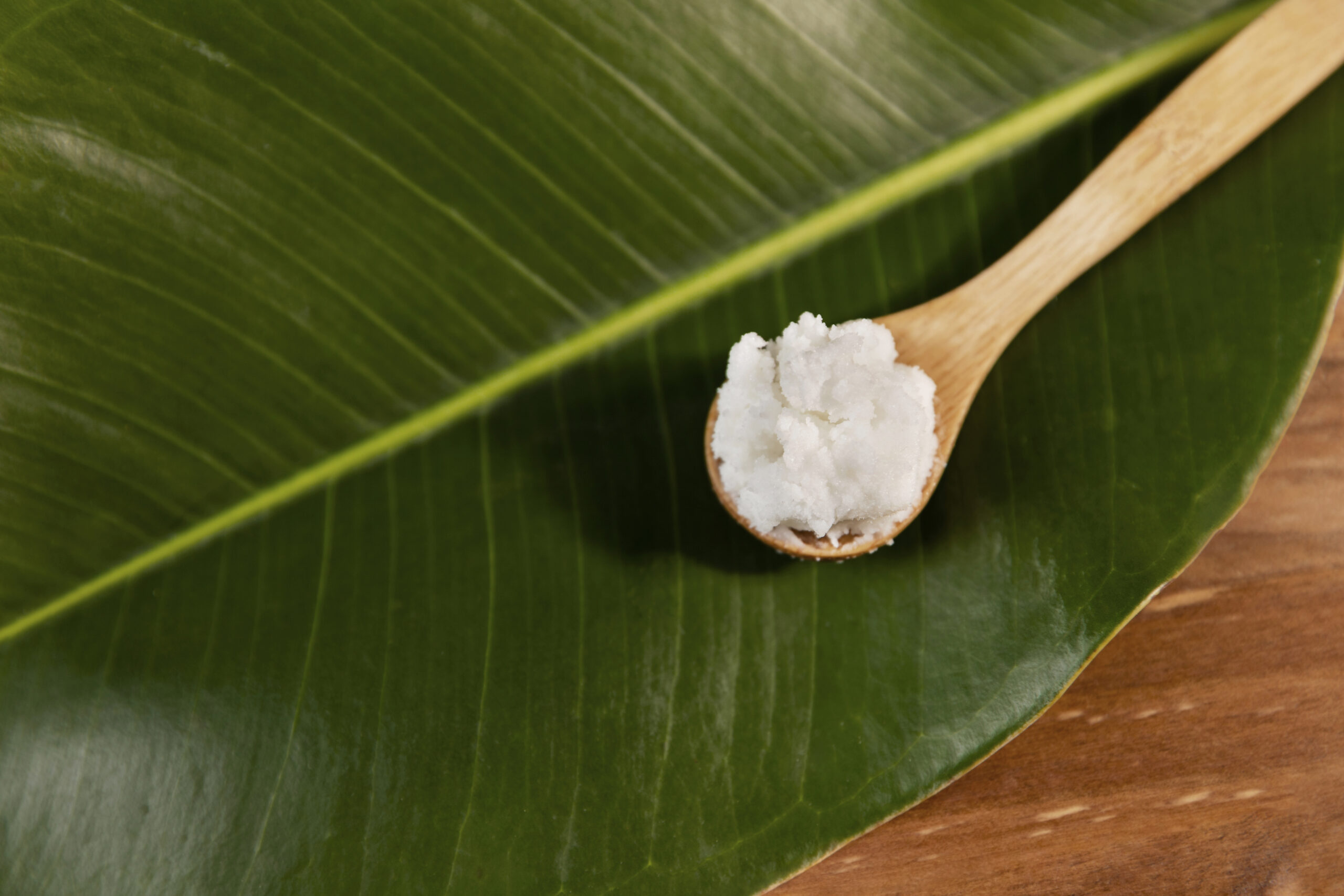When it comes to feeding our dogs, we often scrutinize every ingredient in their food to ensure it’s safe and healthy. One ingredient that has sparked curiosity among pet owners is xanthan gum. Found in many processed foods, including some dog treats and wet foods, xanthan gum is a common additive used as a thickener and stabilizer. But what exactly is xanthan gum, and is it safe for dogs? Understanding its role and potential effects can help you make informed decisions about your pet’s diet.
Xanthan gum is a polysaccharide derived from the fermentation of sugars, often corn, wheat, or soy. It’s widely used in human and pet food products to improve texture and consistency. While it’s generally recognized as safe for humans by the FDA, many pet owners are left wondering if the same applies to their four-legged companions. Dogs have different digestive systems, and what’s safe for us may not always be safe for them.
As a responsible pet owner, it’s essential to stay informed about the ingredients in your dog’s food. Xanthan gum is just one of many additives you might encounter, but its presence raises questions about its safety and potential health impacts. This article dives deep into the topic of xanthan gum and dogs, exploring whether it’s a harmless additive or something to avoid. Let’s uncover the facts and provide clarity for pet owners everywhere.
Read also:Darius Cooks Controversy Unpacking The Buzz And The Backstory
- What Is Xanthan Gum?
- Is Xanthan Gum Safe for Dogs?
- How Does Xanthan Gum Affect Dogs’ Digestion?
- Can Xanthan Gum Cause Allergies in Dogs?
- What Are the Benefits of Xanthan Gum for Dogs?
- What Are the Risks of Xanthan Gum for Dogs?
- How to Identify Xanthan Gum in Dog Food?
- Alternatives to Xanthan Gum for Dogs
- Should You Avoid Xanthan Gum for Dogs?
- Final Thoughts on Xanthan Gum and Dogs
What Is Xanthan Gum?
Xanthan gum is a food additive that’s widely used in both human and pet food products. It’s produced through the fermentation of sugars by a bacterium called Xanthomonas campestris. The resulting substance is dried and ground into a fine powder, which is then added to food to improve texture, stability, and shelf life.
In human food, xanthan gum is commonly found in salad dressings, sauces, and gluten-free baked goods. For dogs, it’s often used in wet food, canned meals, and some treats to maintain consistency and prevent separation of ingredients. Its ability to thicken liquids and stabilize emulsions makes it a popular choice for manufacturers.
Is Xanthan Gum Safe for Dogs?
One of the most common questions pet owners ask is whether xanthan gum is safe for dogs. The good news is that xanthan gum is generally considered safe for dogs in small amounts. The FDA has classified it as a GRAS (Generally Recognized As Safe) ingredient, and most dogs tolerate it well when consumed in moderation.
However, it’s important to note that every dog is different. Some dogs may have sensitive digestive systems, and even small amounts of xanthan gum could cause mild gastrointestinal upset, such as gas or diarrhea. If you notice any adverse reactions after feeding your dog products containing xanthan gum, it’s best to consult your veterinarian.
How Does Xanthan Gum Affect Dogs’ Digestion?
Xanthan gum is a type of soluble fiber, which means it can have a mild laxative effect when consumed in large amounts. For dogs, this could lead to softer stools or diarrhea if they consume too much of it. However, in the small amounts typically found in dog food, it’s unlikely to cause significant digestive issues.
That said, dogs with pre-existing digestive conditions, such as irritable bowel syndrome (IBS) or food sensitivities, may be more prone to experiencing negative effects. If your dog has a sensitive stomach, it’s worth monitoring their response to foods containing xanthan gum.
Read also:Unlocking Growth Potential A Comprehensive Guide To Canadian Banks Etf
Can Xanthan Gum Cause Allergies in Dogs?
While xanthan gum itself is not a common allergen, it’s worth noting that it’s often derived from corn, wheat, or soy. These are ingredients that some dogs may be allergic to. If your dog has a known allergy to any of these sources, it’s important to check the label of their food to ensure xanthan gum isn’t derived from a problematic ingredient.
To minimize the risk of allergic reactions, look for dog food brands that clearly state the source of their xanthan gum. Alternatively, you can opt for products that use alternative thickeners and stabilizers.
What Are the Benefits of Xanthan Gum for Dogs?
Despite some concerns, xanthan gum does have potential benefits for dogs when used appropriately. Here are a few reasons why it might be included in your dog’s food:
- Improved Texture: Xanthan gum helps maintain the consistency of wet dog food, ensuring it doesn’t separate or become watery.
- Enhanced Digestibility: In small amounts, xanthan gum can act as a prebiotic, supporting gut health by promoting the growth of beneficial bacteria.
- Gluten-Free Option: For dogs with gluten sensitivities, xanthan gum is a safe alternative to wheat-based thickeners.
What Are the Risks of Xanthan Gum for Dogs?
While xanthan gum is generally safe, there are some risks to be aware of, especially if your dog consumes large amounts. Here are the potential downsides:
- Mild Digestive Upset: Excessive consumption can lead to diarrhea or loose stools.
- Source-Related Allergies: If derived from corn, wheat, or soy, it could trigger allergies in sensitive dogs.
- Quality Control Issues: Some low-quality dog foods may use xanthan gum as a filler, which could indicate a lack of nutritional value.
How to Identify Xanthan Gum in Dog Food?
Reading ingredient labels is key to understanding what’s in your dog’s food. Xanthan gum is usually listed toward the end of the ingredient list, as it’s used in small amounts. If you’re concerned about its presence, look for brands that use natural thickeners like pumpkin or sweet potato instead.
Additionally, check for transparency regarding the source of the xanthan gum. Reputable brands will often disclose this information on their packaging or website.
Alternatives to Xanthan Gum for Dogs
If you’d prefer to avoid xanthan gum altogether, there are several alternatives to consider:
- Pumpkin Puree: A natural thickener that’s also rich in fiber.
- Guar Gum: Another plant-based thickener that’s often used in pet food.
- Agar-Agar: A seaweed-derived thickener that’s safe for dogs.
Should You Avoid Xanthan Gum for Dogs?
So, should you avoid xanthan gum for dogs? The answer depends on your dog’s individual needs and sensitivities. For most dogs, xanthan gum is safe in the small amounts typically found in pet food. However, if your dog has a sensitive stomach or allergies, you may want to explore alternatives.
Ultimately, the decision comes down to your dog’s unique health profile and dietary requirements. Consulting with your veterinarian can help you make the best choice for your furry friend.
Final Thoughts on Xanthan Gum and Dogs
Understanding the role of xanthan gum in dog food can help you make informed decisions about your pet’s diet. While it’s generally safe for most dogs, it’s always a good idea to monitor your pet’s response to any new ingredient. If you’re unsure about whether xanthan gum is right for your dog, don’t hesitate to seek professional advice.
By staying informed and vigilant, you can ensure your dog enjoys a healthy, balanced diet free from unnecessary additives. Remember, a happy dog starts with a healthy diet!

